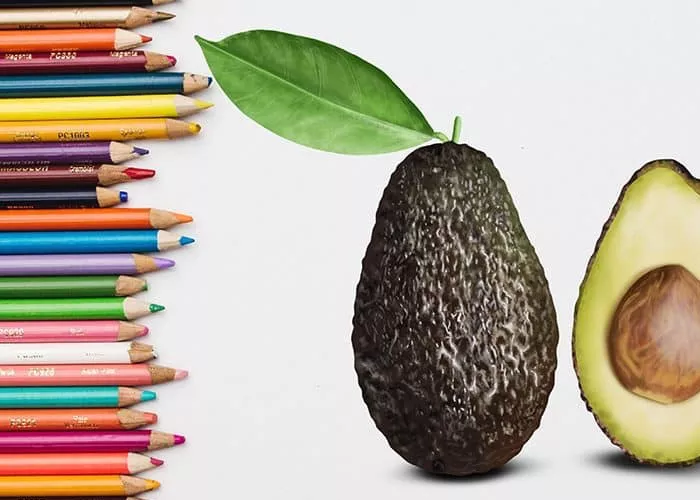As pet lovers, we always want to ensure that our furry friends are eating a healthy and safe diet. One question that often comes up is whether dogs can eat avocados. Avocados have become a popular food among humans due to their high nutritional value, but what about our canine companions?
The Nutritional Value of Avocados
Avocados are rich in nutrients that are beneficial to humans. They are a good source of healthy fats, particularly monounsaturated fats, which can help lower cholesterol levels and reduce the risk of heart disease. Avocados also contain fiber, potassium, vitamin C, vitamin K, and folate. These nutrients play important roles in maintaining human health, such as supporting digestive function, regulating blood pressure, and promoting healthy skin and bones.
The Concerns Regarding Dogs and Avocados
However, when it comes to dogs, the situation is a bit more complicated. Avocados contain a substance called persin, which is a fungicidal toxin. In humans, our bodies can easily process and tolerate persin, but dogs have a different physiological makeup. Persin can potentially cause health problems for dogs.
Toxicity Symptoms
If a dog ingests a large amount of avocado, it may show symptoms of toxicity. These symptoms can include vomiting, diarrhea, abdominal pain, and excessive drooling. In more severe cases, it can lead to breathing difficulties and even heart problems. For example, a small dog that eats a large piece of avocado may experience more pronounced symptoms compared to a larger breed.
How Much is Too Much?
Determining exactly how much avocado is too much for a dog can be difficult. It depends on the size, age, and overall health of the dog. Generally, even a small amount of avocado can be a concern, especially if the dog has a sensitive stomach. A large dog may be able to tolerate a slightly larger amount, but it’s still not advisable to feed them avocado regularly.
The Safe Parts of an Avocado for Dogs
While the flesh of the avocado contains persin, the amount is relatively low in some cases. However, the pit and the skin of the avocado are particularly dangerous. The pit can cause choking hazards or blockages in the dog’s digestive tract. The skin is also tough and difficult for dogs to digest, and it may contain higher concentrations of persin.
That being said, some veterinarians suggest that in very small, carefully measured amounts, the flesh of the avocado may be okay for dogs. The key is moderation. A tiny sliver of avocado, perhaps once in a blue moon, may not cause harm. But this should only be done under the guidance of a veterinarian.
Alternatives to Avocados for Dogs
There are many other fruits and vegetables that are safer and more suitable for dogs. For example, apples (without the seeds, as apple seeds contain cyanide – like compounds) are a great source of fiber and vitamins. Bananas are rich in potassium and can be a healthy treat. Carrots are high in vitamins A and K, and they are also great for dental health as they can help clean a dog’s teeth while they chew.
Conclusion
In conclusion, while avocados are a nutritious food for humans, they pose potential risks to dogs. The presence of persin and the potential for choking or digestive blockages from the pit and skin make it a food that should be given to dogs with extreme caution. If you’re considering adding a new food to your dog’s diet, it’s always best to consult your veterinarian first. They can provide personalized advice based on your dog’s specific needs and health condition. Remember, the well – being of our furry friends depends on us making informed decisions about their diet. By choosing safe and appropriate foods, we can ensure that our dogs live long, healthy, and happy lives. So, when it comes to the question “Can dogs eat avocados?”, the answer is that it’s best to err on the side of caution and avoid feeding them this fruit. There are plenty of other healthy and delicious options available to keep our canine companions in top shape.
Related topics


